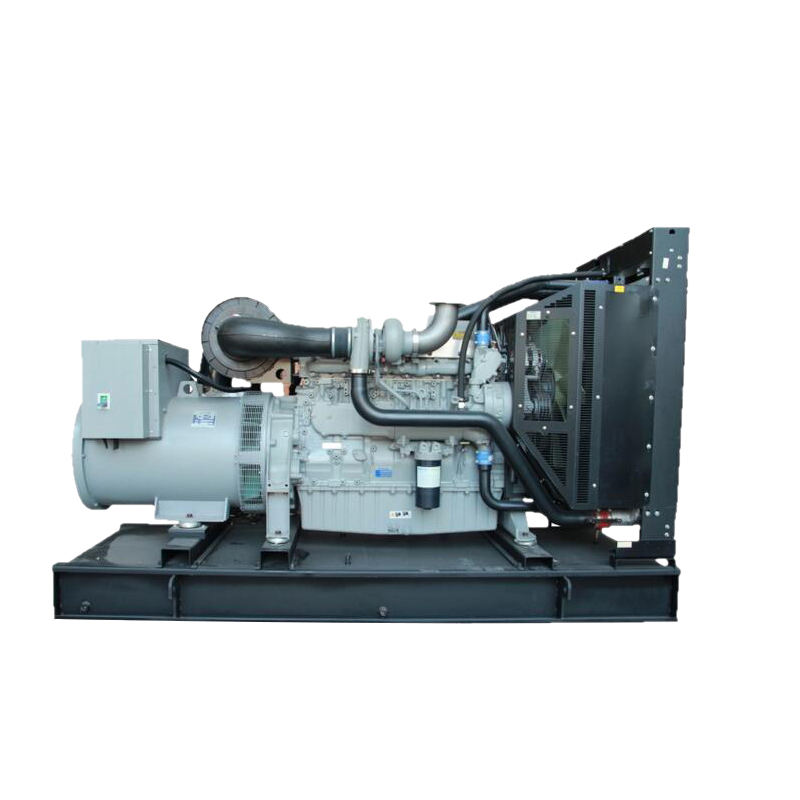Introduction: The Importance of Choosing the Right Generator Size
Have you ever wondered why selecting the correct generator set size is crucial for optimal performance? It turns out that an undersized generator can't meet your power needs, while an oversized one wastes fuel and money. But don't worry – we've got you covered! In this article, we'll walk you through the process of determining the ideal generator size for your specific situation.
Step 1: Calculate Your Power Requirements
To begin, make a list of all the appliances and devices you plan to run simultaneously during a power outage. Then, find the wattage of each item either in its manual or online. Add up the wattages to get your total power requirement. Keep in mind that some devices have starting and running wattage – use the higher value for more accurate calculations.
Key Insight: Surge or Starting Power
Interestingly enough, many appliances like air conditioners and refrigerators need extra power to start up. This surge or starting power can be two to three times their running wattage. To account for this, add 25% to your total power requirement when sizing your generator.
Step 2: Consider Fuel Efficiency and Runtime
When it comes to generators, size does matter – but not just in terms of power output. A generator's fuel efficiency and runtime are also important factors to consider. Larger generators often have longer runtimes between refueling, which can be beneficial during extended power outages. However, they may consume more fuel and cost more to operate.
Actionable Tip: Compare Fuel Consumption
To make an informed decision, compare the fuel consumption rates of different generator sizes. Look for models with low gallons-per-hour (GPH) ratings, as these will be more fuel-efficient and cost-effective over time.
Step 3: Assess Your Budget and Space Constraints
As you might expect, larger generators tend to be more expensive than smaller ones. So, before making a purchase, take a close look at your budget and decide how much you're willing to spend on a generator set. Additionally, consider the available space in your home or workplace for storing and operating the generator.
Rhetorical Question: Portable or Stationary?
Do you need a portable generator for occasional use, or would a stationary standby generator better suit your needs? Portable generators are generally smaller and less expensive, while stationary units offer higher power outputs and longer runtimes.
Practical Application: Putting It All Together
Conclusion: Making the Right Choice for Optimal Performance
In my experience, taking the time to carefully consider your power needs, fuel efficiency, and budget will lead you to the ideal generator set size for optimal performance. So, what are you waiting for? Start exploring your options today, and rest assured that you'll be prepared for any power outage that comes your way.





